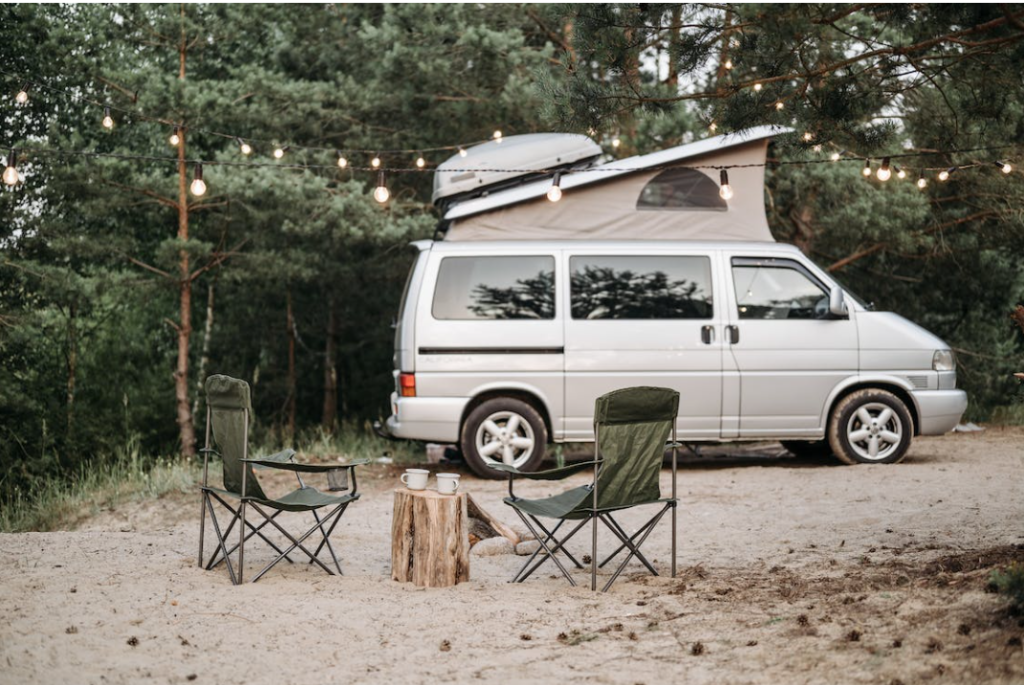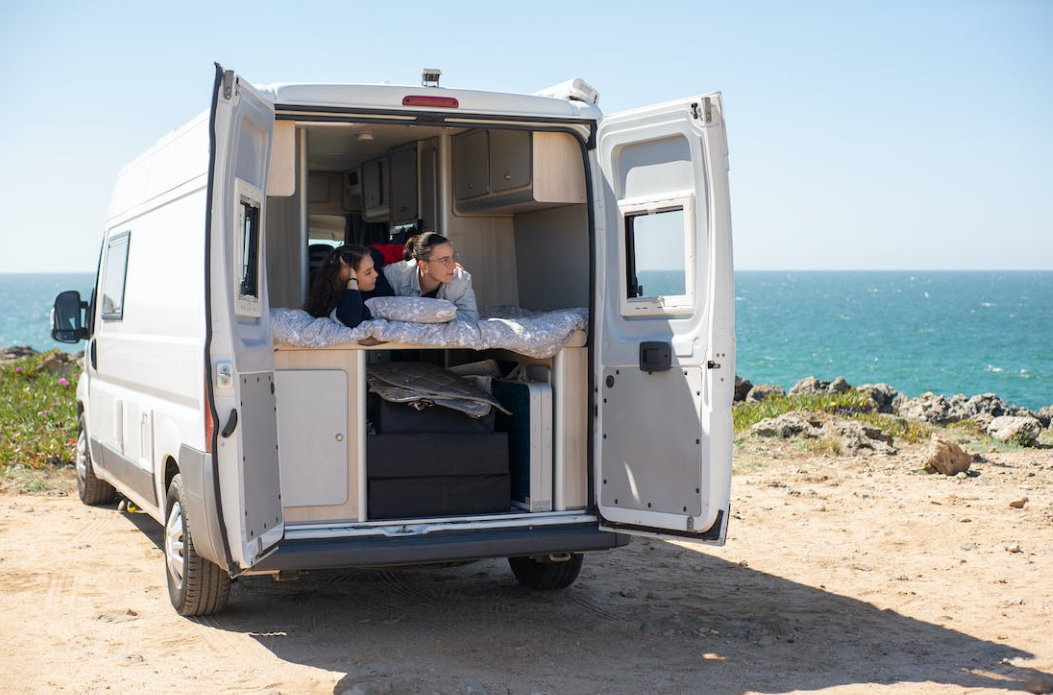RV off-grid camping offers a unique and exciting experience to adventure enthusiasts. However, to have a successful and enjoyable off-grid camping experience, you need to have a well-planned setup guide that includes a reliable power source, water source, waste management system, heating and cooling system, lighting, communication and navigation system. In this article, we will discuss each of these essential elements and guide you through setting them up for your next RV off-grid adventure.
Power Source
The first and most crucial step in setting up your RV for off-grid camping is to choose a reliable power source. There are various options for off-grid power sources, including solar panels, gas generators, wind turbines, and lithium-ion batteries. Each power source has its advantages and disadvantages.
If you plan to use solar panels as your primary power source, you will need to ensure that your RV is parked in a sunny area, and the panels are positioned correctly to capture maximum sunlight. A gas generator, on the other hand, is more reliable but can be noisy and produce fumes. A wind turbine is an eco-friendly option, but it is also dependent on the wind’s availability. Lithium-ion batteries are becoming more popular because of their efficiency and lightweight, but they can be expensive.
Whichever power source you choose, it’s essential to have backup power to avoid any inconveniences during your camping trip. You can also consider investing in an inverter to convert the power source’s DC output to AC for use in appliances that require AC power.
Water Source
Water is another essential element to consider when setting up your RV for off-grid camping. You need to ensure that you have access to clean and safe drinking water. If you plan to camp in a remote area, you may need to carry your water supply, and this means investing in portable water tanks.
You also need to have a reliable water filtration system that will ensure your water is safe for drinking and cooking. You can invest in a portable water filtration system or purchase water purification tablets to purify your water.
Waste Management System
When camping off-grid, you also need to consider how you will manage your waste. It’s crucial to have a reliable waste management system to avoid any health risks and environmental pollution.
Investing in a composting toilet is an eco-friendly option that helps you manage your waste while also providing fertilizers for your garden. You can also have a portable waste tank that you can empty at designated dump stations. It’s important to dispose of your waste properly to minimize the impact on the environment.
Heating and Cooling System
Your RV’s heating and cooling system are essential elements to consider when setting up for off-grid camping. You need to ensure that you can regulate the temperature inside your RV to avoid any discomfort during extreme weather conditions.
If you plan to camp in an area with cooler temperatures, you can invest in a propane heater or wood stove to keep your RV warm. On the other hand, if you plan to camp in an area with hotter temperatures, you can invest in an air conditioning unit or a portable fan to keep your RV cool.
Lighting
Lighting is an essential element to consider when setting up your RV for off-grid camping. You need to ensure that you have enough light to perform tasks during the night and to improve visibility around your campsite.
Investing in LED lights is a cost-effective and energy-efficient option that will help conserve your power source. You can also invest in rechargeable lanterns or flashlights that you can charge during the day and use at night.
Communication and Navigation System:
When you’re off-grid, it’s essential to have a reliable communication and navigation system. You can install a GPS system, a radio, or a satellite phone. A GPS system can help you navigate through remote locations, and a radio or a satellite phone can be used to call for help in case of emergencies.
It’s also a good idea to bring a portable power bank or a solar charger to keep your communication and navigation devices charged. You can also bring a physical map or a compass as a backup in case your electronic devices fail.

RVing off-grid is an adventure that requires careful planning and preparation. It’s important to have the right equipment and supplies to ensure a comfortable and safe experience.
To set up your RV off-grid, you need to consider your power source, water source, waste management system, heating and cooling system, lighting, and communication and navigation system. You can choose from various options depending on your needs and budget, such as solar power systems, propane tanks, portable generators, and lithium-ion batteries.
Remember to also pack necessary supplies such as food, water, first aid kit, and camping gear. By following these setup guides and packing the right supplies, you can enjoy the freedom and beauty of the great outdoors without sacrificing comfort and safety.
